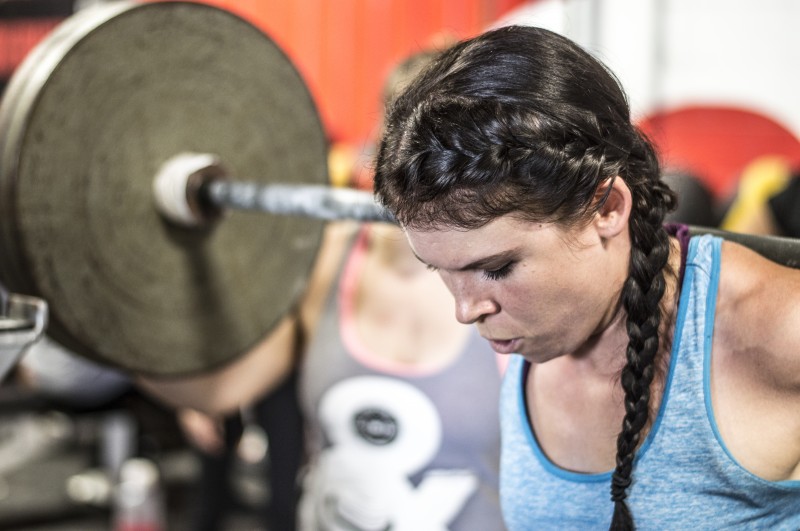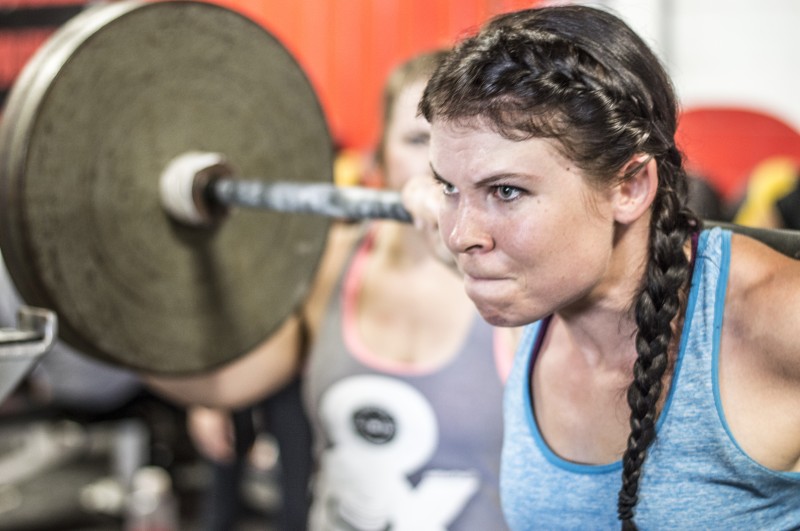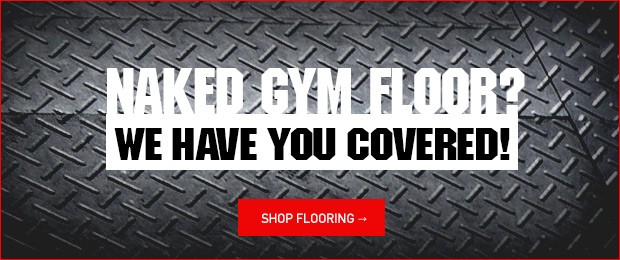
There is an old adage that athletes don’t care how much you know until they know how much you care. This couldn’t be more true. In today’s world, there are great issues that exist due to different stressors that we don’t know about and some that we do. Today’s athletes in college are often coming from single-parent homes, and many of them have absolute horror stories about their backgrounds and their lives growing up. I remember Andrea Hudy doing a podcast with Rob Taylor when she said, “when the athletes deserve love the least is when they need it the most.” The athletes deserve love the least when they’re acting out and being rebellious. Why are they acting out? Well, for a normally even-keeled person to start acting out, there’s usually something behind it. We’ll go over that in this article.
Petrie1 talked about the mitigating effects of social support on illness and injury in sport. What this paper told us was that stress occurs in any athletes’ life. Whether it’s from how to deal with a difficult person, to relationship issues, to coach issues, to money issues, and even health or life threatening issues, a good family serves as a sounding board for them to work through their problems. They can process these issues just as they would with a therapist and have them resolved. When we don’t resolve our issues, they tend to just stick around and serve as an additional source of stress.
For a moment, I want to channel my inner Dr. Robert Sapolsky2. Zebra’s don’t get ulcers because of how they deal with and manage stress. Once they see the lion or predator their autonomic nervous system shifts into fight or flight and try to get away. If they successfully evade the lion, they forget about it and go back on with their life. The lion is no longer there, the stress is no longer there, and it is a happy-go-lucky lifestyle. They don’t have the capability to think back about what they could have done or said to that lion. They won’t think back about whether or not the lion exists. They won’t wonder why the lion doesn’t call them anymore. If the lion is not present, there is no stress. Sounds pretty nice, doesn’t it?
RECENT: Cus D’Amato — Past, Present and Future Thoughts
The downside of being a human is the higher level of thinking. We ruminate on everything until it is dealt with. Was it me? What could I have done? What should be done next time? These things keep us up at night to the point where the delay of sleep, also known as sleep latency, has been proven to be related to stress. Our nervous system can’t tell the difference between a real and a thought-up threat. How many times have you thought about a tough situation and notice that your muscles are tighter, your heart rate and breathing rate are elevated a bit, and maybe your palms are sweating? You’re having the same reaction now as you did during the event. How many times did the event happen? Typically one, but you’re reliving it multiple times a day, or an hour, or whatever the time metric happens to be. Your ANS is not allowed to shift back and allow you to recover; you’re stuck where you are.
Working through problems is about the only way to get them to stop. Most of the time, we can’t work through our problems on our own. We need people that we can trust to be able to work through them with. People we know that have our best interest in mind regardless of the personal outcome for them. People who have our best interest in mind regardless of the cost for them. People who will listen and not use it against you in the future, no matter how valuable of blackmail that might be for their personal gain.
The only people that usually fall into these categories are family. These people are willing to talk to us at any time, to drop what they’re doing and come out at the drop of a hat if need be. They would put down their life for us to be able to live ours. The people you meet on the street don’t do that. The fans at the games wouldn’t do that.
Those who have great families have multiple people they can do this with. Maybe it’s their parents, or an uncle, or grandparents. Whoever it is, it’s someone well trusted and they can rely upon no matter the circumstance.
Another area is that those with great family structures have a safety net or a failsafe. If they have a major car repair, or an accident, or something that causes them great personal strife, they always have somewhere they can go. I had a house fire that destroyed my place and most of my stuff in college. I ended up moving back home with my mom until my internship. If I didn’t have my family there, I could have ended up homeless. How many times would we have been completely personally and/or financially devastated if it were not for our family bailing us out? I can tell you this: if not for my family, you would not be reading this today. People who have this safety net can take risks, as they know it’s not the end of their life if they do. They may go after a dream that allows them to find the cure for cancer rather than working a job at McDonald's so they can keep a roof over their head.
RELATED: How To Get Your Athletes to Buy In
At the bottom of Maslow’s hierarchy of needs is food, shelter, and safety. If the athlete does not have any of these three things, they are not going to be able to achieve in things that are higher up the chain (or in this case, the pyramid). If those basic safety needs are not met, will the athlete be able to devote time, attention, and effort to lifting a barbell, practicing a sport, or playing a game? They don’t know where they are going to sleep tonight, let alone care about what the next play is going to be. This goes hand-in-hand with caring about the athlete and knowing the athlete. If you know and care about the athlete, you’ll know when they are going through things like this.
Now, why do I talk about all of this after talking about the coach?What does the coach have to do with all of this? Easy: for those who have no family/social support, what are you supposed to do? Leave them alone to burn up and burn out? Let them fail and be gone? Selflessly, you should help because it’s the right thing to do and you’d want someone else to do the same for you and your family. Selfishly, you should help because you may need this young athlete to perform so you can keep your job.
You help out. You get to know them. You talk to them. You serve as a sounding board off of which they can share ideas. You serve as a filter for them to shift through the minutia of today’s society and of their life. You talk with them everyday — about life, not about squats and cleans. You share some insights from your own life that they can gleam upon to gain some direction for their current situations. You sit and listen, and you don’t judge. You get to know them. You show them that you care. One day when they start acting out, you may be the only person that can help them. Maybe the only person they had in their life just passed away or is not doing well. Maybe they’re having a hard time dealing with other students or a professor. Maybe they’ve got something else entirely going on. Maybe they need your help, and not you to bring the heat on them.
I will be honest with you right here: I am going to talk about how it is at the college level and not at the high school or professional level. There are entirely different rules and regulations that exist on those two levels. Having never been at either of those, or at least not in the last 20 years, I have no clue what those circumstances would be. I will guess, though, that there is something that can be done to help.
At the college level, I find out a kid has lost his apartment due to the fact that he couldn’t pay his rent with his scholarship check because his new baby needed diapers. He has no food, no place to live, a baby to support, and no safety net to fall back into. As a coach, I am limited to what I can do. I can’t give him money. I can’t give him shelter. I can’t give him food. What can I do?
Well, I can point him in the direction of different services that exist to aid in situations like this. For the child, there is WIC and Medicaid. They will be able to be provided nutrition and medical care at no or low cost. This will be one area that is decreasing stress because there is help for it.
In many areas, there is a food bank where they can go and basically make a grocery trip for free. There are different rules and regulations as to who can use these services as well as how often they can be used, but they are usually free. Often there are temporary shelters for people who have gone through something like this. You can’t give the athlete anything, but you can help ease some of their tension and stress by knowing that there’s help. They don’t have a family providing a safety net, but there is you who can help them know about these services and there are the services to provide help for them as well. Every area is different, but most municipal governments, be it city or county, will have this sort of information on their website. Sometimes it may be called an emergency shelter or food depot rather than temporary shelter or food bank. You may have to do a little bit of searching. Your worst case scenario is that you don’t see it on the website but you do see a phone number. I’m sure if you use the human element and call the offices, someone will know something and point you into the proper direction to help your athlete get the services they need.
A coach has to be a lot of things. They have to be the strength and conditioning coach, a dietitian, a janitor, a handy man, a chef, and sometimes a listener or therapist. Our job is to make them stronger, but it’s not just physically. It is development of the whole person. You make them emotionally stronger, psychologically stronger, physically stronger, and more resilient as a result.
Sometimes as coaches we are fortunate to be in one location for an extended period of time. When the person comes back after their career is done, do they want to see the barbell they squatted with or you? If it’s you, they became Strong(er) overall, because you were Strong(er) of mind.
References
- Petrie TA. The moderating effects of social support and playing status on the life stress-injury relationship. Journal of Applied Sport Psychology 5: 1-16, 1993.
- Sapolsky R. Why Zebra's Don't Get Ulcers. USA: Holt Paperbacks, 2004.













4 Comments